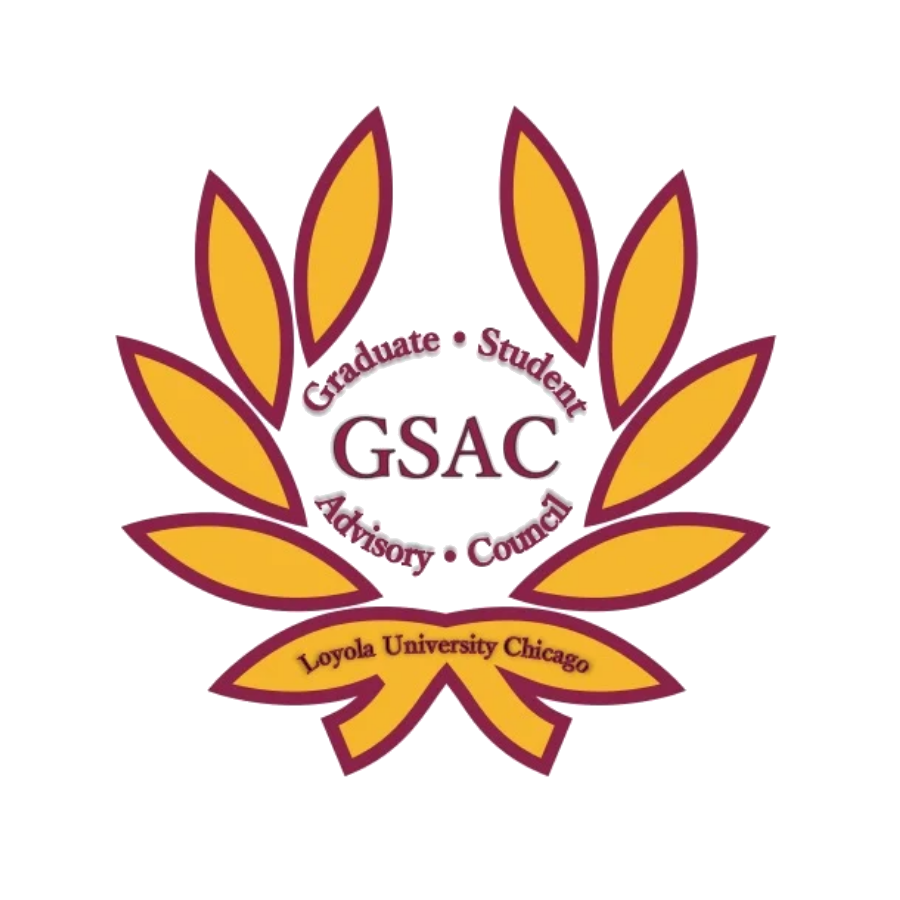Title of Poster or Presentation
COVID-19 related racial experiences among Asian Americans: Discrimination, color-blindness, model minority myth, and social connectedness
Submission Type
Poster
Degree Type
PhD
Discipline
Social Sciences
Department
Psychology
Access Type
Restricted
Abstract or Description
Background: Due to the Coronavirus (COVID-19) outbreak originating in Wuhan, Hubei, China, there has been a surge of reports of racial discrimination towards Chinese individuals and anyone that phenotypically presents as East Asian. The increase in anti-Asian racism may have illuminated the abstruse positioning of Asian Americans in the U.S.’s racial hierarchy, possibly affecting beliefs about the existence of systemic racism and Asian Americans’ status as the model minority. This could potentially have awakened many Asian Americans from racial obliviousness (i.e., color-blindness), impacting their relationship to mainstream versus racial minority communities and mental health. The current study aimed to examine the proximal and distal relations of COVID-related racial discrimination to internalized model minority myth, color-blind racial ideology, connectedness to the U.S. mainstream versus racial minority communities, and mental health among Asian Americans. We hypothesized that COVID-related discrimination would be negatively relate to internalized model minority myth and color blindness, which in turn would be negatively related to mainstream connectedness versus positively related to ethnic connectedness. Based on previous literature, we hypothesized that both types of social connectedness would be negatively related to psychological distress and positively related to subjective well-being.
Method: Data were collected from self-identified Asian American adults (N = 407, 49.9% female, 32% first generation, 40% second generation, mean age = 33.81, SD = 9.5) through an online survey from May through August 2020. Participants completed a series of survey questionnaires that measured COVID-related racial discrimination, model minority myth—Achievement Orientation and Unrestricted Mobility, color blindness, mainstream and ethnic connectedness, distress (i.e., depression, anxiety), and well-being (i.e., life satisfaction, positive affect, negative affect).
Results: A SEM by using Mplus indicated that the hypothesized model was just identified and had perfect fit indices (the purpose of this study was to examine the relationships among variables vs. model selection). As hypothesized, the relations of discrimination and distress and well-being were serially mediated by model minority myth – unrestricted mobility, color blindness, mainstream connectedness and ethnic connectedness. Higher discrimination was associated with lower levels of beliefs in unrestricted mobility (β = -.52, p < .001), which in turn was associated with lower levels of mainstream connectedness (β = .26, p< .001). Lower level of mainstream connectedness was associated with higher level of distress (β = -.21, p< .001) versus lower level of well-being (β = .46, p< .001). Interestingly, color blindness was positively associated with mainstream connectedness (β = .11, p= .03) but negatively associated with ethnic connectedness (β = -.033, p< .001). Additionally, COVID-related discrimination had significant direct relations to distress (β = .25, p< .001) and well-being (β = -.30, p<.001). Thus, COVID-related discrimination is directly and indirectly related to mental health via racial awareness and social connectedness. Further clinical implications and recommendations are discussed.
Creative Commons License

This work is licensed under a Creative Commons Attribution-Noncommercial-No Derivative Works 3.0 License.
COVID-19 related racial experiences among Asian Americans: Discrimination, color-blindness, model minority myth, and social connectedness
Background: Due to the Coronavirus (COVID-19) outbreak originating in Wuhan, Hubei, China, there has been a surge of reports of racial discrimination towards Chinese individuals and anyone that phenotypically presents as East Asian. The increase in anti-Asian racism may have illuminated the abstruse positioning of Asian Americans in the U.S.’s racial hierarchy, possibly affecting beliefs about the existence of systemic racism and Asian Americans’ status as the model minority. This could potentially have awakened many Asian Americans from racial obliviousness (i.e., color-blindness), impacting their relationship to mainstream versus racial minority communities and mental health. The current study aimed to examine the proximal and distal relations of COVID-related racial discrimination to internalized model minority myth, color-blind racial ideology, connectedness to the U.S. mainstream versus racial minority communities, and mental health among Asian Americans. We hypothesized that COVID-related discrimination would be negatively relate to internalized model minority myth and color blindness, which in turn would be negatively related to mainstream connectedness versus positively related to ethnic connectedness. Based on previous literature, we hypothesized that both types of social connectedness would be negatively related to psychological distress and positively related to subjective well-being.
Method: Data were collected from self-identified Asian American adults (N = 407, 49.9% female, 32% first generation, 40% second generation, mean age = 33.81, SD = 9.5) through an online survey from May through August 2020. Participants completed a series of survey questionnaires that measured COVID-related racial discrimination, model minority myth—Achievement Orientation and Unrestricted Mobility, color blindness, mainstream and ethnic connectedness, distress (i.e., depression, anxiety), and well-being (i.e., life satisfaction, positive affect, negative affect).
Results: A SEM by using Mplus indicated that the hypothesized model was just identified and had perfect fit indices (the purpose of this study was to examine the relationships among variables vs. model selection). As hypothesized, the relations of discrimination and distress and well-being were serially mediated by model minority myth – unrestricted mobility, color blindness, mainstream connectedness and ethnic connectedness. Higher discrimination was associated with lower levels of beliefs in unrestricted mobility (β = -.52, p < .001), which in turn was associated with lower levels of mainstream connectedness (β = .26, p< .001). Lower level of mainstream connectedness was associated with higher level of distress (β = -.21, p< .001) versus lower level of well-being (β = .46, p< .001). Interestingly, color blindness was positively associated with mainstream connectedness (β = .11, p= .03) but negatively associated with ethnic connectedness (β = -.033, p< .001). Additionally, COVID-related discrimination had significant direct relations to distress (β = .25, p< .001) and well-being (β = -.30, p<.001). Thus, COVID-related discrimination is directly and indirectly related to mental health via racial awareness and social connectedness. Further clinical implications and recommendations are discussed.



